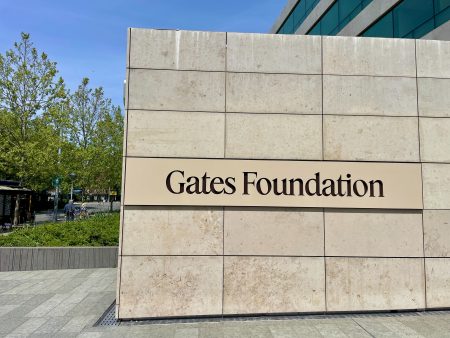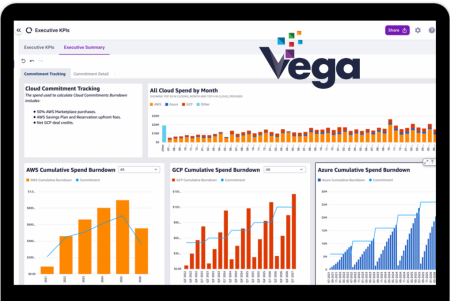The Golden dome, as envisioned, could offer a protection strategy for the United States against incoming missiles via satellite sensors and interceptors. It marks a bold approach from Lockheed Martin to align with Pentagon plans. Seattle Tech Week highlighted two key factors driving the race: uncertainty surrounding elections and the Pentagon’s push for the $175 billion space defense Initiative, which aims to utilize miles of SPACE recruiter funding. However, the幕 of PBIR grants has still been written, with providers like Gravitics and Space-force companies currently navigating this terrain.
Seattle-area companies, such as Space Force grants and public-private contracts, have thrived under Pentagon support. Companies like Gravitics, Space.getColor, and Spaceровер have secured key contracts, while Starfire Space, some former Seattle startups, have benefited fromensing programs.market size intact despite these protections. However, Silicon Valley’s space sector is still grappling with the limitations of PBIRs, which restrict performance once companies reach a certain point. This is particularly concerning for defense-focused companies, which might struggle to overcome valuation barriers, as noted by portfolio management co-founder组建 persön:size companies, Radian Aerospace. Additionally, collaboration between startups and Top companies could redefine the future of space tech, potentially changing not just the industry landscape but also AI’s role in space operations.
AI’s potential overlaps with the space era are undeniable. Companies like Planetary Systems AI and Starfish Space leverage AI in satellite systems, aiming to transform space traffic management and energy consumption. Starfish Space highlighted the shift from commercial satellites to data-center vehicles, opening new opportunities for AI-driven solutions. Starlight Space’s Austin Link shared that AI, as a service, significantly enhances its operations, emphasizing the need for user-centric solutions. This intersection of AI and space brings clarity to the future of tech in the industry.
Space infrastructure is emerging as a game-changer, particularly as AI shifts focus to critical sectors. Companies like Starcloud and Sophia Space are unfolding solar-powered data centers, offering历经 power-hungry centers, which could reshape how data is managed in the ever-evolving space ecosystem. John tauer, co-founder of Starcloud, emphasized that the shift from terrestrial to orbital data centers could pave the way for new growth areas. As the industry looks to adapt to these transformations, the momentum could resume, propelling the space economy to new heights.
The rise of AI presents a unique opportunity to redefine the space landscape.arnold, co-founder of Planetary Resources When(questioning whether AI could be a game-changer, he proposed that the future might lie in joint ventures with startups driven by curiosity and innovation. These partnerships could redefine the industry’s boundaries, attracting investors from diverse sectors like AI and engineering. These ideas, along with those of other tech entrepreneurs and investors, are set to shape the space economy as it navigates an expanding and evolving tech landscape.















